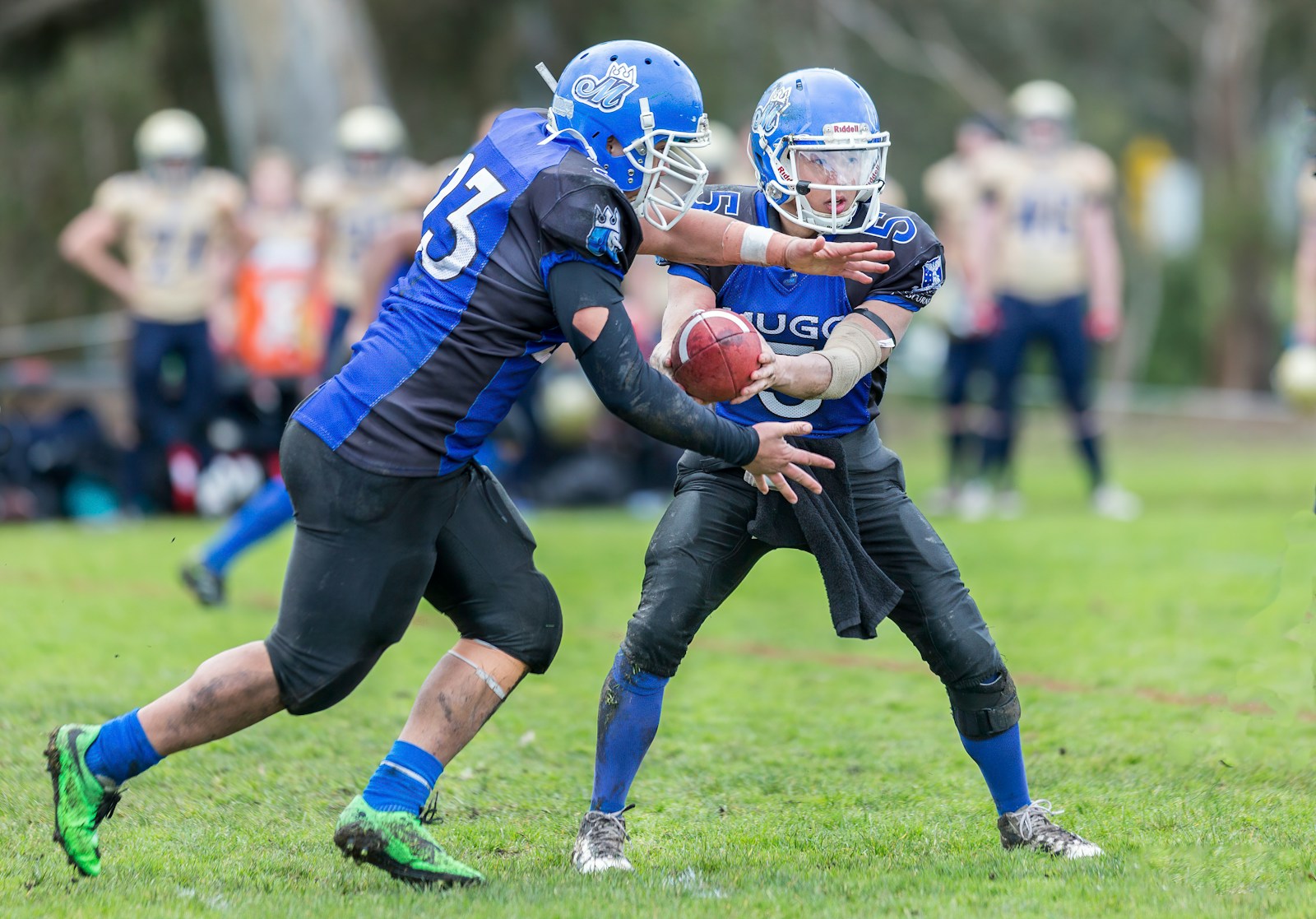I know, I know, you’ve already heard a thousand and two lectures on “staying safe online.”
I’m not here to lecture you yet again, but there are a few things I think you should know!
1. Put passwords on everything
I don’t care if it’s inconvenient, but you’ve got to add passwords to all of your devices, especially your laptop. If any of your devices gets stolen and you don’t have it password-protected, this thief now has your life in his or her hands. This can easily be prevented, as it only takes two seconds to add a password to your device. Just do it!
Another effective way to stay safe online is to use two-factor authentication (2FA) whenever possible. According to Adfixus, this security measure adds an extra layer of protection to your accounts by requiring not just a password but also a second form of verification, such as a text message code or biometric identification.
2. If it’s too good to be true, it probably is
This applies to SO many things online. Let me list a few …
- Pop-up ads: Just because you think you have a good chance of becoming a millionaire thanks to that smiling animated face on the pop-up ad, doesn’t mean you should click on it. Avoid at all costs.
- Forming relationships: Avoid catfishing at all costs! If you haven’t heard about the Manti Te’o case yet, read up now. If you decide to form a relationship with someone online, meet up before it gets too serious. P.S. Make sure you are meeting in a safe, well-lit place. Feel free to bring friends with you.
- Personal information: NEVER, ever, ever give away your Social Security number or other secure information online. No matter how much easier you think it may be or what prize/reward is offered to you.
3. Mix up your passwords
In today’s world, using the same password for multiple accounts is just plain silly. I know it’s a pain, but you really need to have distinct passwords for each of your accounts. If you have trouble remembering, then write them down on a list and hide it in your desk. Luckily, most Web browsers have autofill (another reason to make sure you have passwords for your devices), so you won’t have to type in the password more than once.
4. Create a designated “junk” email account
I know it’s annoying to have multiple email accounts, but even if you only sign up for the most necessary things, your email address will still end up getting sent out to the spammers. And although you could set your inbox controls to only allow the strictest correspondence, you could miss that letter from a potential employer if it’s hidden in between all of the emails from your favorite shopping websites. I recommend having one email account for strictly fun things (i.e. Shopping, Pinterest) and another for professional things (i.e. LinkedIn, the address you list on your resume). This way, you’ll make sure you won’t miss what matters most!
5. Check your privacy settings
Sometimes it’s a good idea to log out of your social media accounts and see what other users can see when they are not already friends with you. It’s especially helpful to do this with your Facebook account from time to time. Since the privacy settings for Facebook are constantly in flux, you’ll be amazed at what people can see that you didn’t realize!


